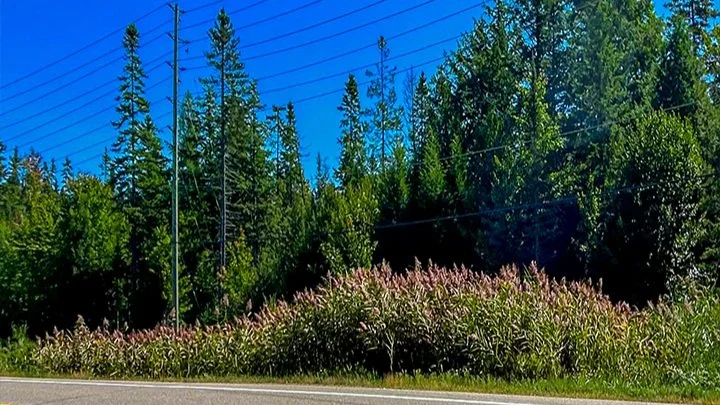Wedgewood Park Gets Urban Forestry Makeover With Over 500 Trees Planted By Volunteers
/Over 500 trees were planted by over 100 volunteers and community partners at Wedgewood Park on Saturday.
Photo courtesy of the City of Peterborough.
Located at 1535 Fairmount Blvd., the tree planting initiative, which saw 515 native tree species cultivated around the park. This is part of the Trees 4 Peterborough initiative.
“Trees 4 Peterborough has made a tremendous difference in strengthening our urban forest and creating greener, healthier spaces across our city,” said Councillor Lesley Parnell, Trees 4 Peterborough Founder. “Saturday's tree planting at Wedgewood Park is another wonderful example of how this program brings people together to make improvements in our neighbourhoods.”
Earlier this summer, approximately 250 Ash trees were removed from Wedgewood Park due to Emerald Ash Borer infestation.
Donations to Saturday’s event include the following:
$10,000 from RBC
$5,000 from The Excelsior Group
$2,500 from Super 8 Peterborough
Equipment from Merrett Home Hardware
Lunch provided by East Side Mario’s







